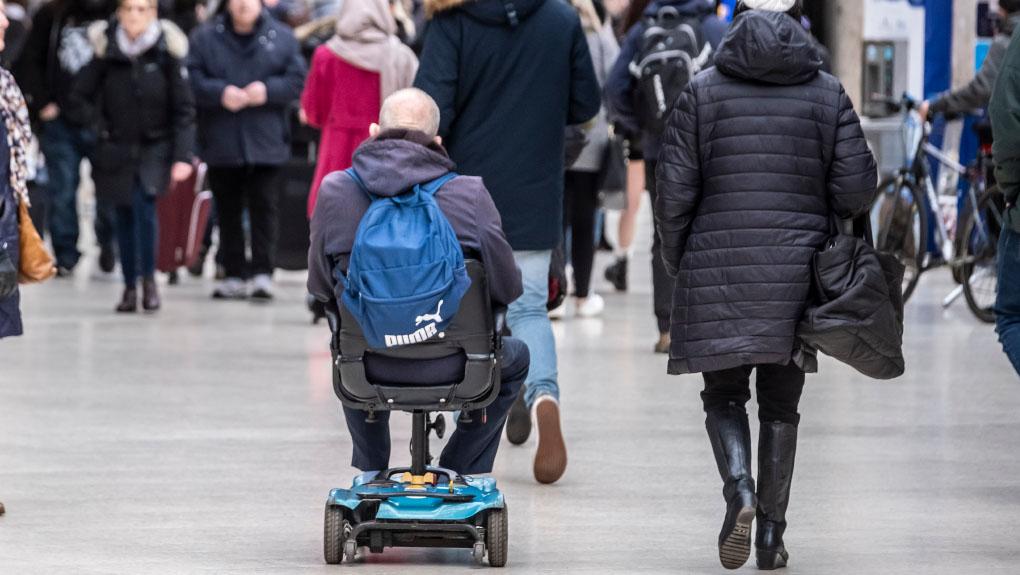
When assistance is delivered, it is usually done well, however there remain too many instances of failures, which has a significant impact on passengers who rely on assistance to access the rail network.
Where there are failures, it is important for industry to understand their causes, so that they can be addressed, and where appropriate give passengers access to fair redress. Operators must set out their approach to redress in their Accessible Travel Policy (ATP).
ORR is now seeking to consult on revising its ATP guidance so that redress claims are always considered on the circumstances in each case including the impact on the passenger.
The need for a review has been prompted by redress decisions and subsequent compensation awards made by the Court and Rail Ombudsman, data from ORR’s passenger survey that shows that levels of redress claims are low relative to the volumes of failed assists, and a concern raised to ORR that some operators’ ATPs limit, or appear to limit, the level of financial compensation in relation to the ticket price.
ORR will consult later this month on proposed amendments to the ATP Guidance requirements relating to redress before making a decision on any amendments later this year.
Stephanie Tobyn, ORR’s director of strategy, policy and reform, said:
Notes to editors
- Review of ATP requirements on redress – letter
- All train and station operators must establish and comply with an Accessible Travel Policy (ATP) as a condition of their licence, setting out their provision for disabled people. Operators must secure ORR approval for their ATP, and ORR has issued guidance that defines minimum requirements, covering areas such as provision of assistance, staff training, redress and passenger information.

